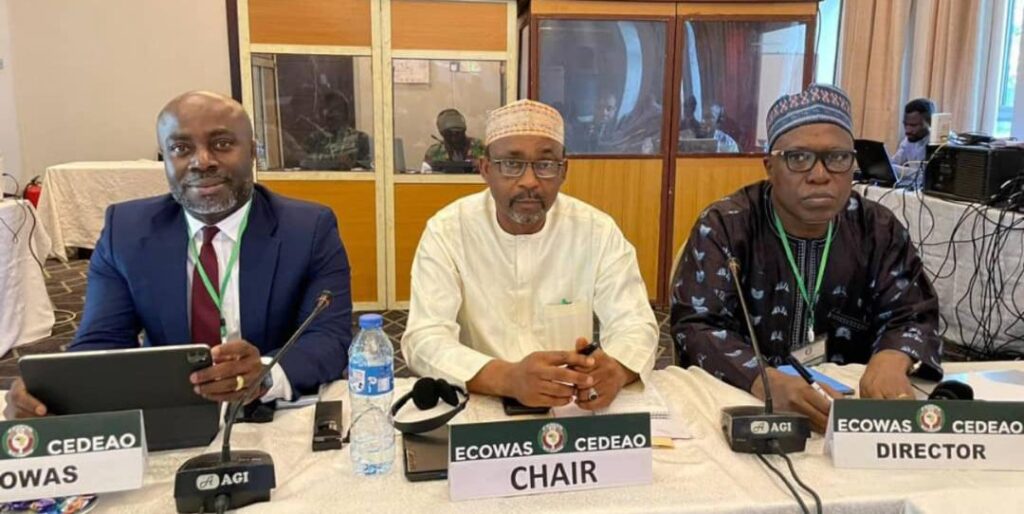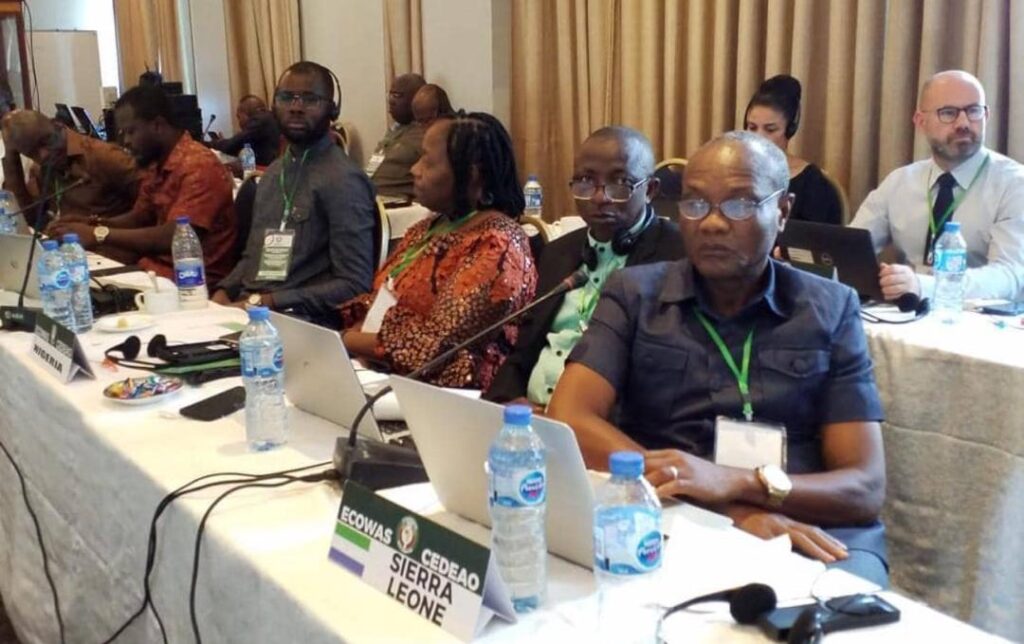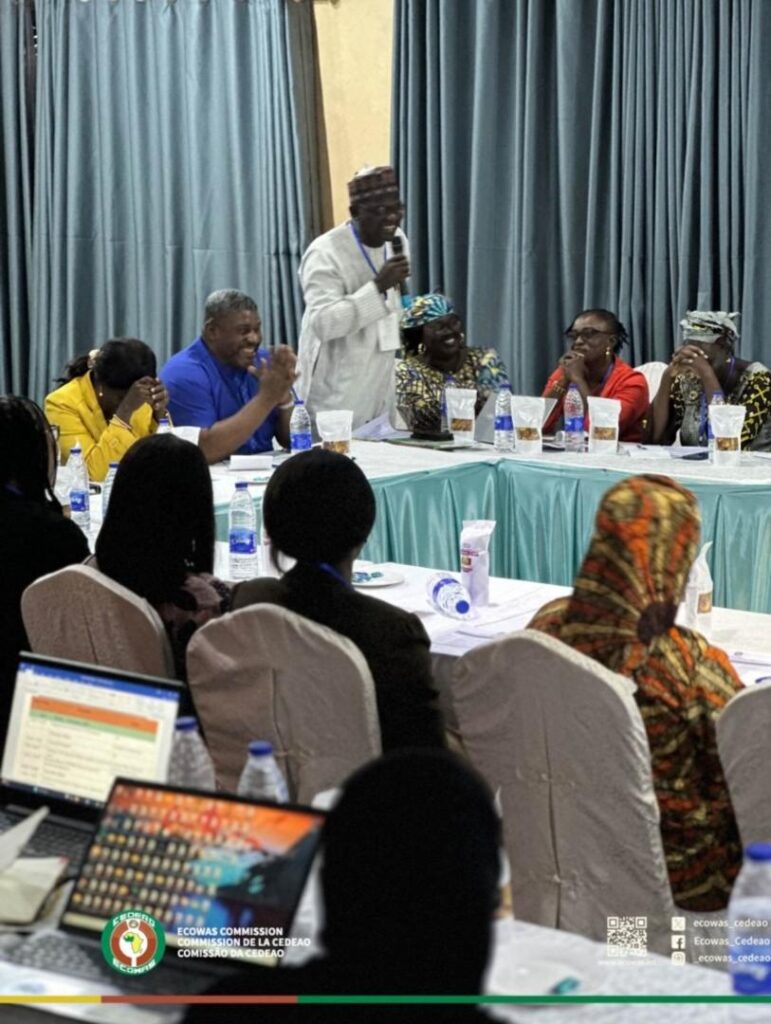ECOWAS Regional Leaders Converge on Lagos to Drive Fiscal Policy Harmonization and Economic Integration
By Raymond Enoch
The economic hub of Lagos played host to a Regional follow-up meeting on the Publication and Implementation of Regional Fiscal Directives and Supplementary Acts
aimed at reviewing the publication and implementation of Regional Fiscal Harmonization Directives and Supplementary Acts across West African states.The meeting also underscored ECOWAS’s dedication to enhancing regional economic cooperation and fostering sustainable development.

In her opening remarks at the meeting , Dr. Fatoumata Sissoko, Commissioner for Economic Policy and Regional Integration at WAEMU, emphasized the significance of the meeting in fostering unity and economic development.
According to her“this gathering provides an opportunity to reflect on our collective progress, identify gaps, and chart a path toward effective implementation of our shared fiscal goals. Harmonization is essential to sustaining economic stability and ensuring equitable growth in the region,” she stated.
Key regional and international stakeholders are at the event.They included policymakers, financial experts, and government representatives from across the West African region.

The Meeting evaluated the progress and challenges in implementing fiscal directives and supplementary acts across member states. These directives are critical to achieving harmonized economic policies, fiscal sustainability, and regional integration in line with WAEMU’s objectives.
The event featured keynote speeches, technical presentations, and interactive panel discussions addressing key areas such as public finance management, tax policy reforms, and strategies to enhance compliance with regional standards.

Also making remarks at the meeting on behalf of Mrs. Massandjé Litse-Toure, ECOWAS Commissioner for Economic Affairs and Agriculture, Mr. Salifou Tiemtore, Director of Customs Union and Taxation, emphasized the important role of regional directives and supplementary acts in harmonizing tax policies, strengthening fiscal governance, and promoting economic stability.
According to him “the success
of these instruments lies in their implementation, which requires collaborative efforts and steadfast commitment from all stakeholders” he said.
Mr Kamal Dalhat, Federal Ministry of Finance, Nigeria emphasized Nigeria’s unwavering commitment to the ECOWAS agenda, stating the importance of aligning regional directives and acts with the country’s ongoing fiscal and tax policy reforms
Challenges and Opportunities
A recurring theme during the discussions was the disparity in the pace of implementation among member states. While some countries have made significant strides in adopting the directives, others face institutional and technical challenges that hinder progress.
A detailed evaluation of each member state’s adherence to the fiscal directives and supplementary acts took center stage of the plenary discussions during the meeting.
The Interactive sessions focused on tax harmonization and debt management strategies.
The meeting afforded the participants the opportunity for discussions on tangible proposals for an increased support from WAEMU and international partners to member states especially those lagging in implementation.
Regional Cooperation Agreements:
It would be noted also that the meeting sought to address challenges hindering progress, such as institutional capacity gaps, resource constraints, and conflicting national priorities as the the ECOWAS Commission and Member States remain optimistic in fostering fiscal integration and a drive towards economic growth that benefits all citizens within the region.This meeting represents a pivotal step toward advancing fiscal reforms across West Africa by enhancing resource mobilization, strengthening fiscal governance, and fostering sustainable economic growth, ECOWAS Member States aim to collectively achieve greater prosperity and integration for the region
As the meeting concluded, participants adopted a communiqué outlining actionable recommendations to address gaps and accelerate the implementation process. Among these were the establishment of a regional monitoring framework and a commitment to annual progress reviews.








